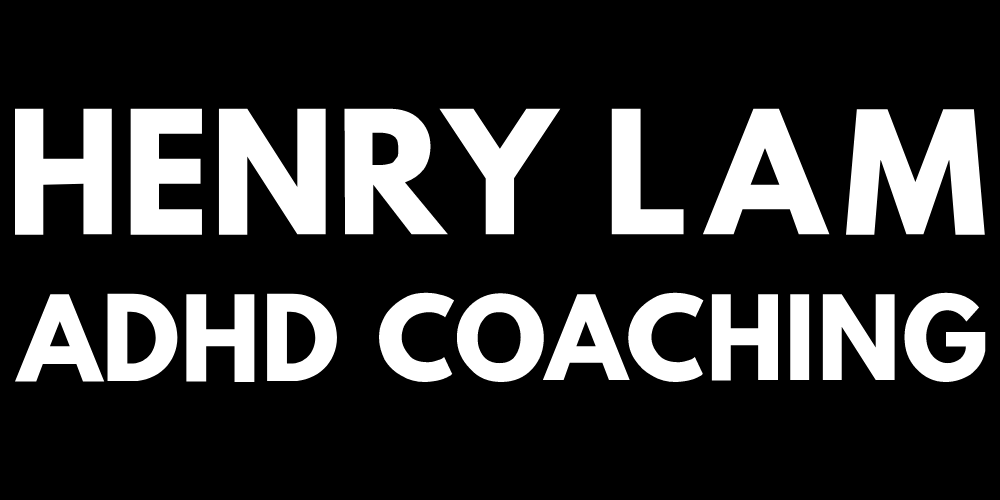ADHD Co-Morbitidies
By Henry Lam, ADHD Coach
Understanding ADHD Co-Morbidity: Conditions That Commonly Coexist with ADHD
Introduction
Attention-Deficit/Hyperactivity Disorder (ADHD) is often not a standalone condition. Many individuals with ADHD also experience other co-morbid disorders that can affect their treatment and management. This article explores common conditions that coexist with ADHD and provides insights into how these can impact individuals.
Common Co-Morbid Conditions with ADHD
ADHD co-morbidity refers to the simultaneous presence of ADHD and other psychiatric or physical disorders. Understanding these can help tailor more effective treatment strategies.
Anxiety Disorders: Approximately 50% of adults with ADHD also experience some form of anxiety disorder. Symptoms of anxiety can complicate the diagnosis and management of ADHD because they overlap in areas such as restlessness and difficulty concentrating.
Depressive Disorders: Depression is another common co-morbid condition with ADHD. It can make ADHD symptoms worse and vice versa, creating a cycle that is difficult to break without proper treatment.
Learning Disabilities: Many individuals with ADHD may have coexisting learning disabilities, which can affect their academic performance and educational strategies.
Bipolar Disorder: The impulsivity and hyperactivity of ADHD can sometimes be mistaken for bipolar disorder. However, these conditions can also coexist, requiring careful assessment and treatment plans.
For a deeper dive into ADHD and co-morbid conditions, WebMD’s ADHD section offers extensive resources and articles.
Impact of Co-Morbid Conditions
The presence of co-morbid conditions can complicate the diagnosis and treatment of ADHD. It’s crucial for healthcare providers to look at the full spectrum of symptoms and disorders:
Treatment Challenges: Differentiating between symptoms of ADHD and symptoms of co-morbid conditions is essential for effective treatment.
Medication Management: Medications for one condition can affect the symptoms or treatment of the other, necessitating careful monitoring and adjustments.
Managing ADHD with Co-Morbid Conditions
Managing ADHD alongside other conditions requires a comprehensive approach that may include medication, therapy, and lifestyle adjustments.
Integrated Treatment Plans: These plans consider all co-morbid conditions along with ADHD. This might involve coordinating between different specialists.
Support Systems: Engaging with support groups specific to ADHD and its co-morbidities can provide valuable advice and coping strategies.
Conclusion
Understanding the co-morbidity of ADHD is vital for developing effective treatment plans and improving the overall well-being of those affected. With appropriate diagnosis and integrated treatment, individuals with ADHD and associated co-morbid conditions can lead fulfilling lives.
Further Reading
The National Institute of Mental Health provides comprehensive guides and the latest research on ADHD and co-existing disorders.
Explore The More Of the Sweet Sixteen ADHD Beginner Articles!
Understanding ADHD
Treatment and Management
Avoiding Medication Errors in ADHD
Natural ADHD Treatments
Navigating ADHD Treatment Options
ADHD Beginner Mistakes
Managing Daily Life with ADHD
Professional Help and Support
Finding an ADHD Coach
Choosing an ADHD Therapist
Finding a Good Psychiatrist for ADHD
Building Support Network for ADHD
Inspiration and Insights
Getting Started

